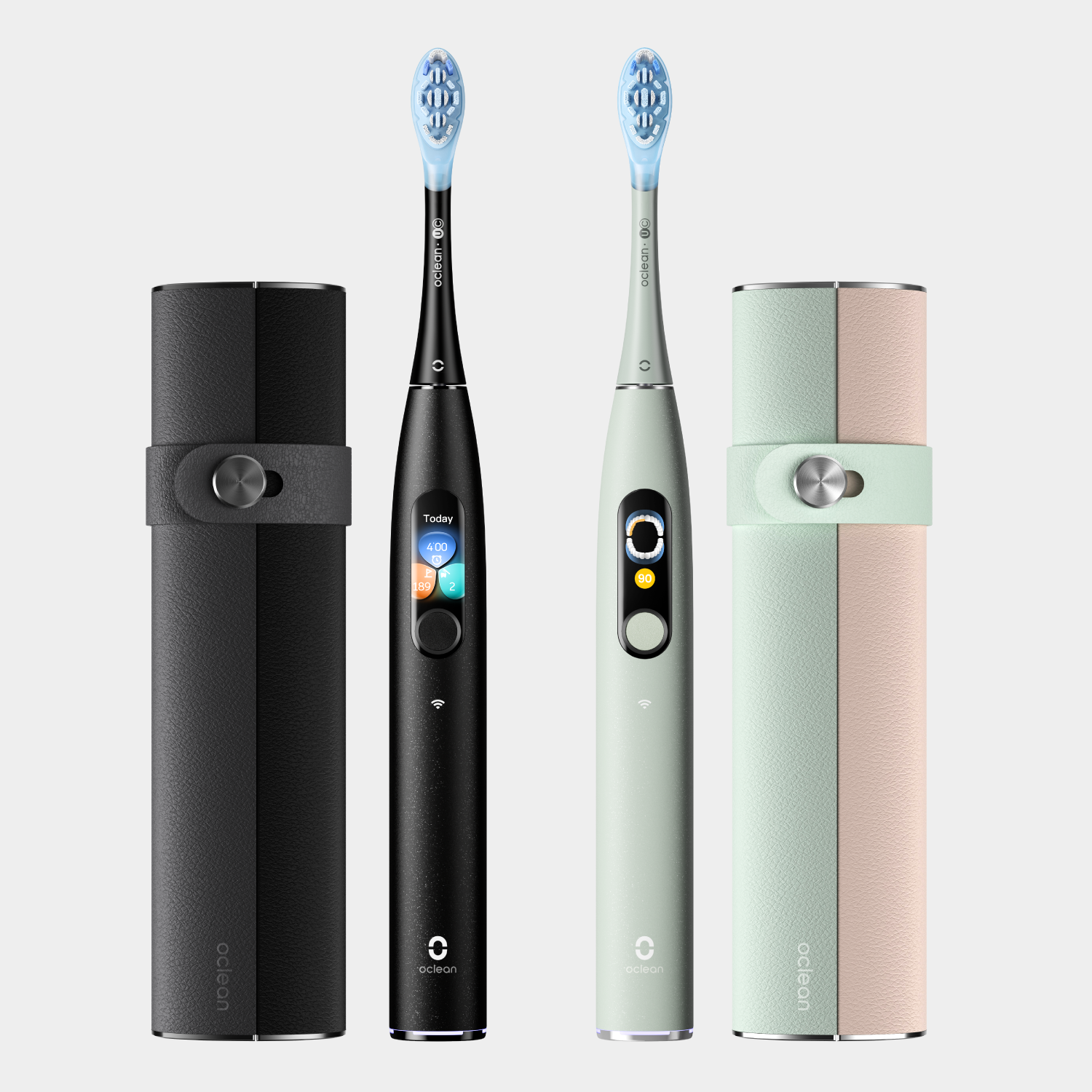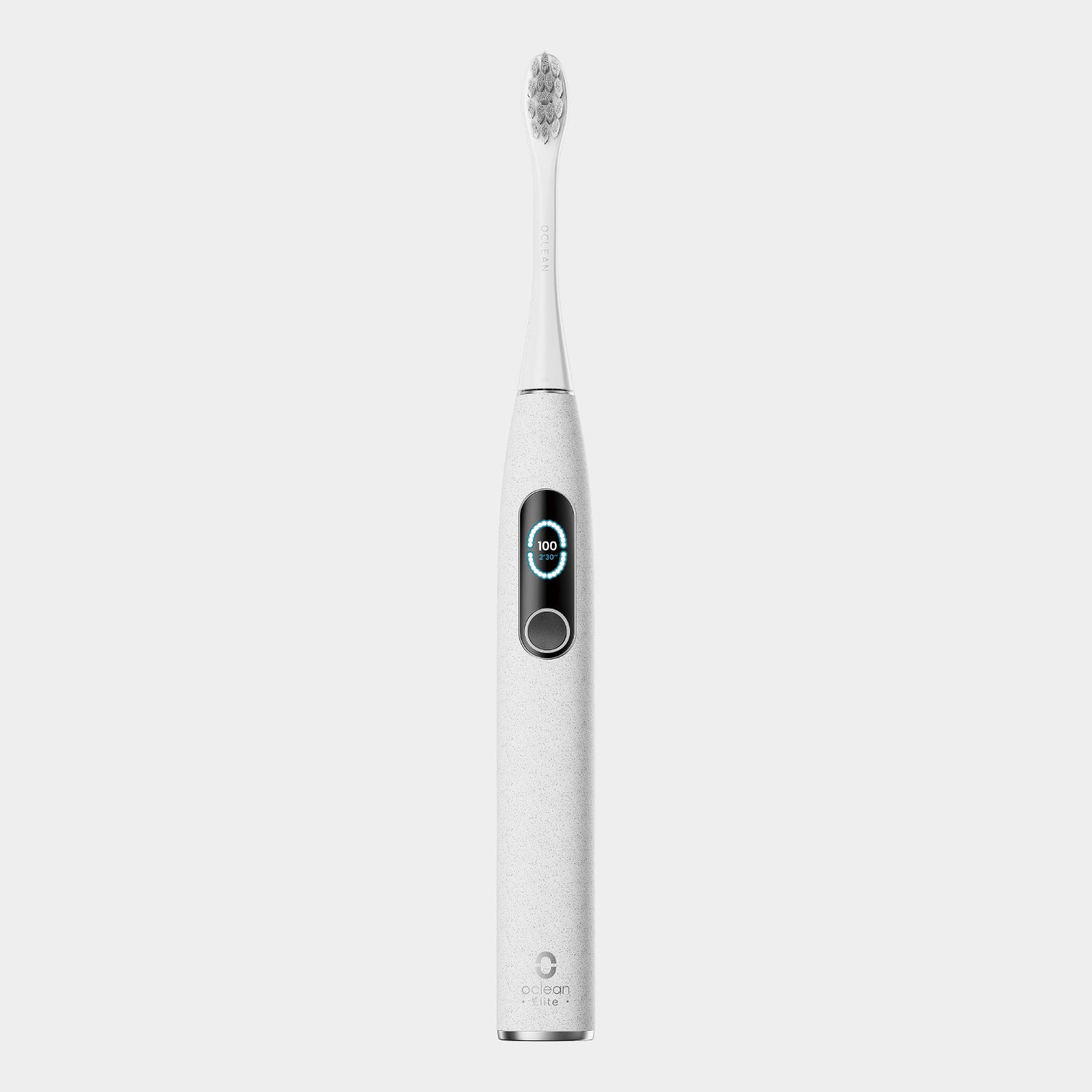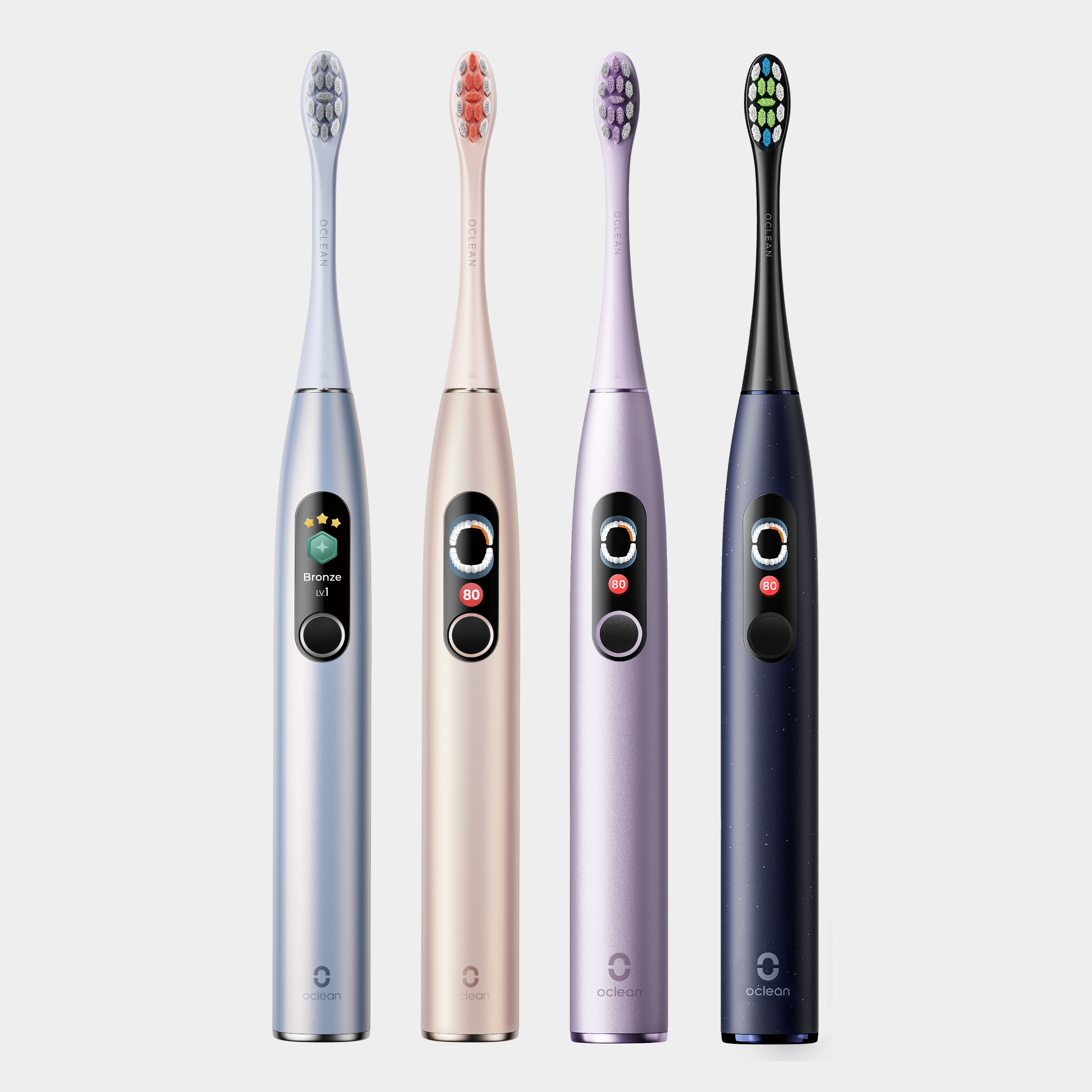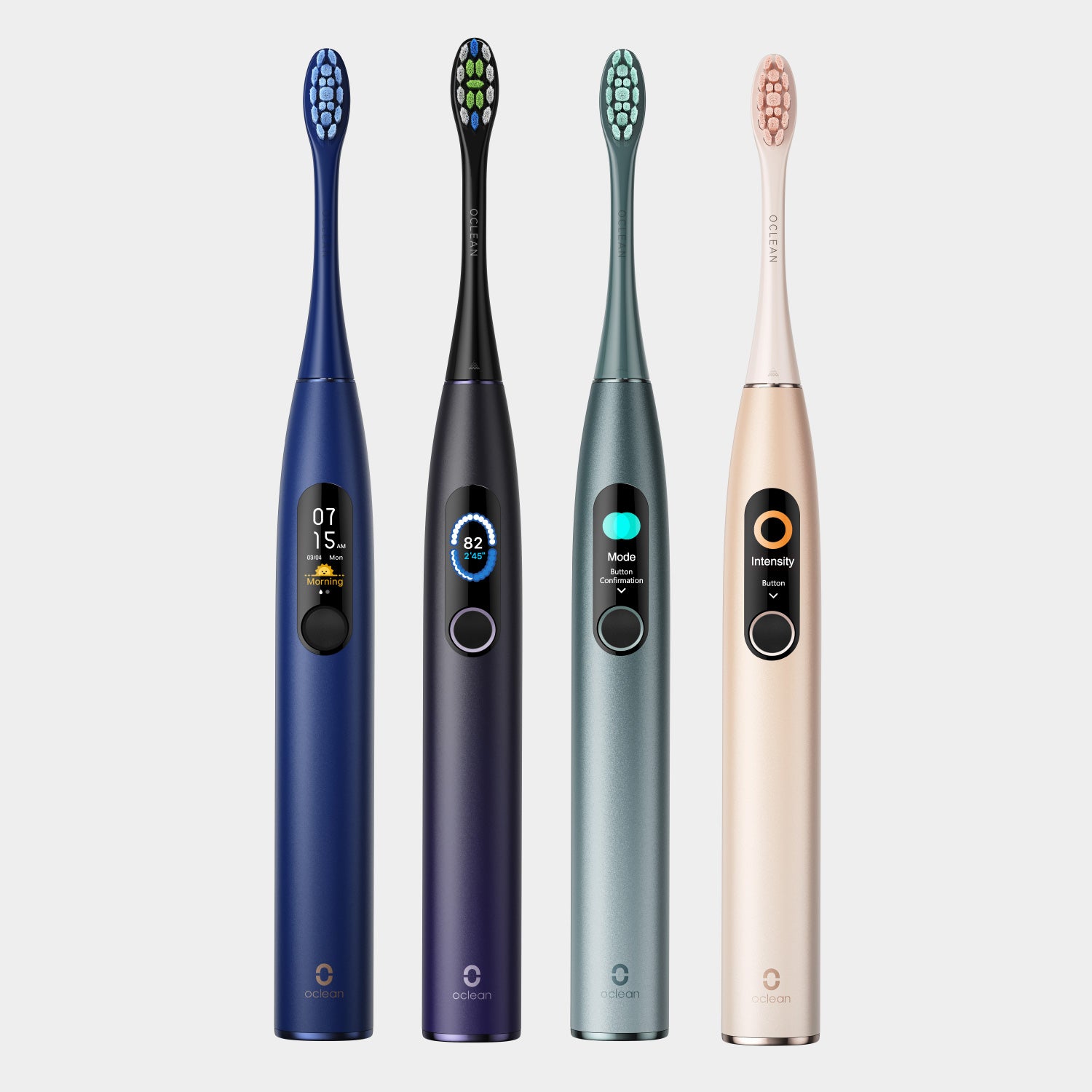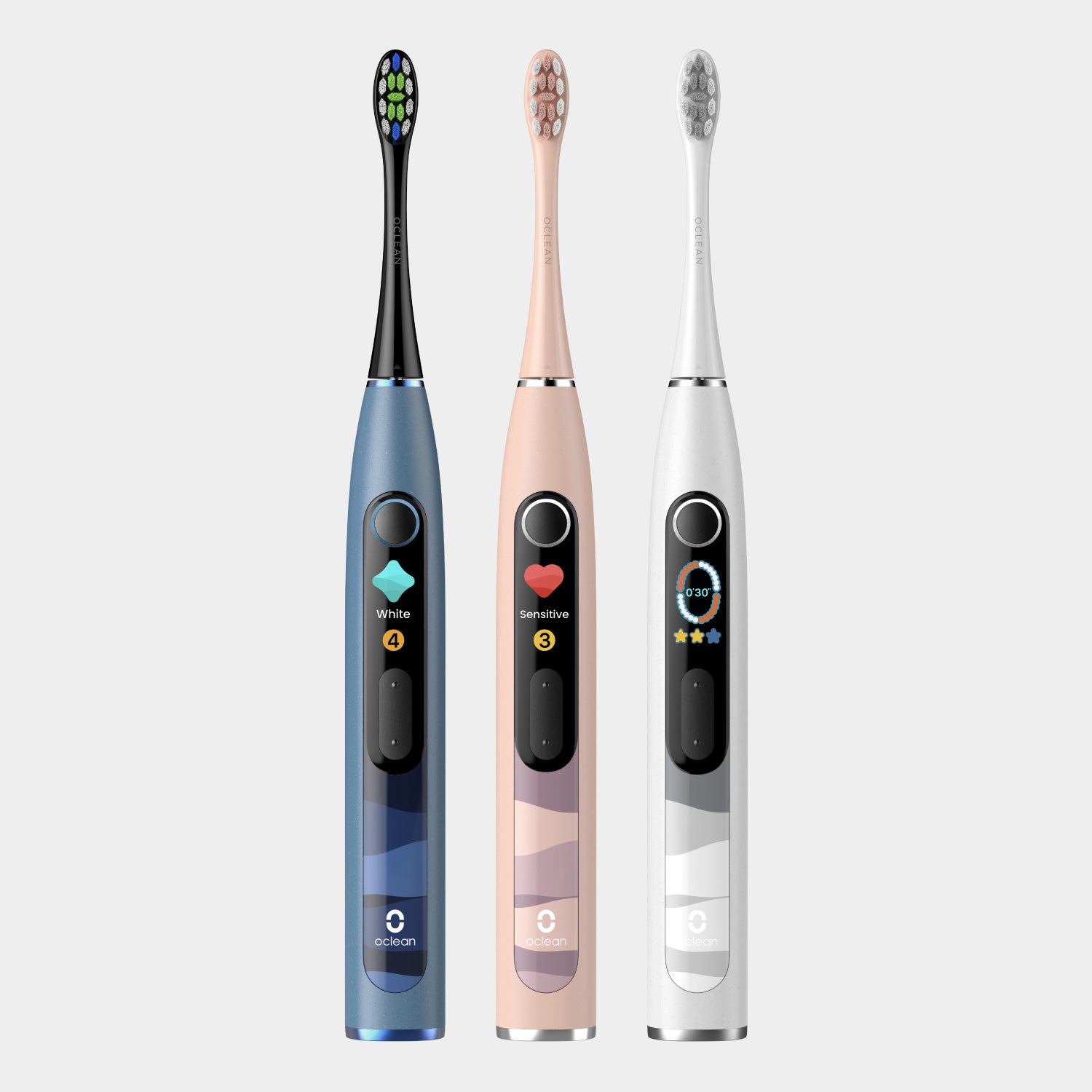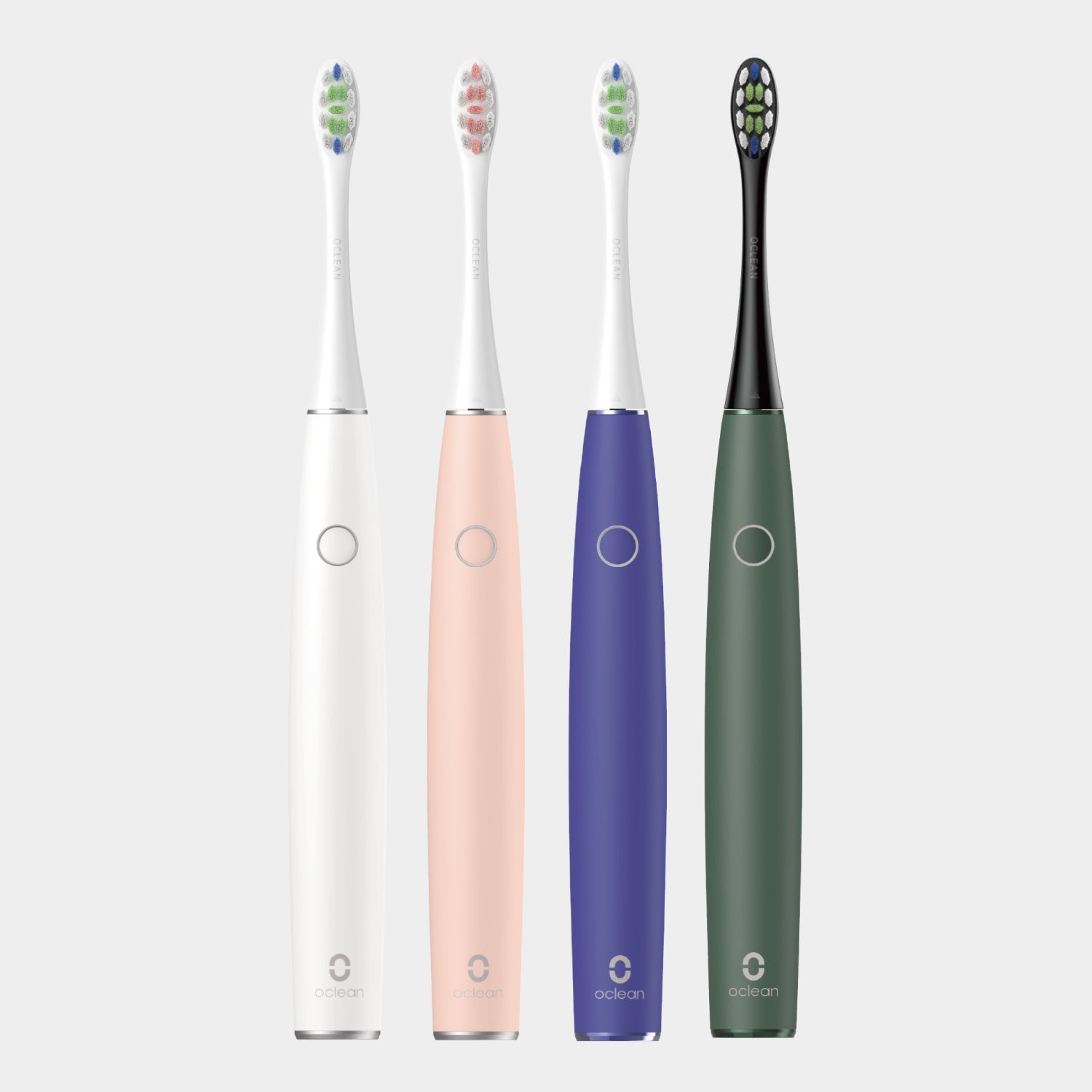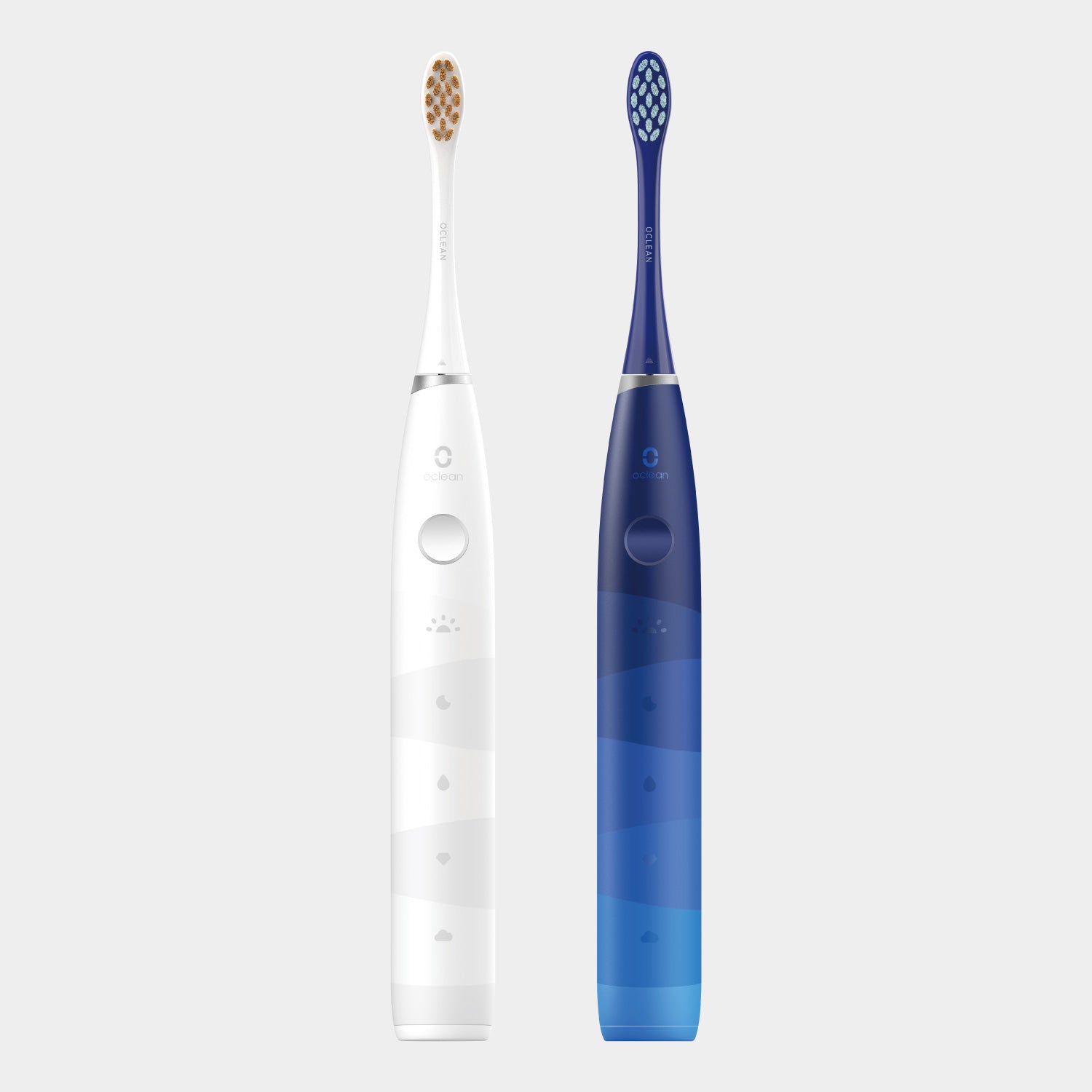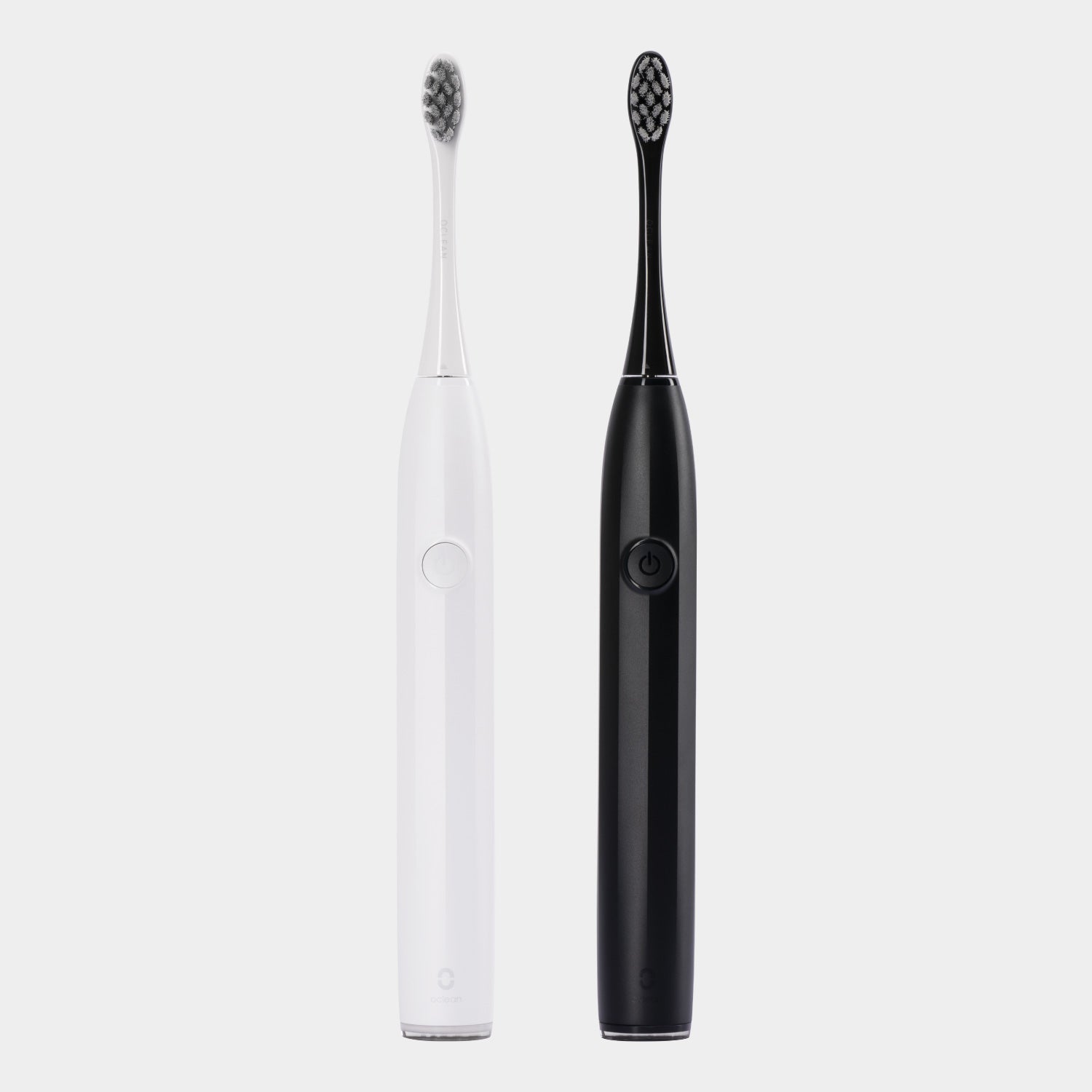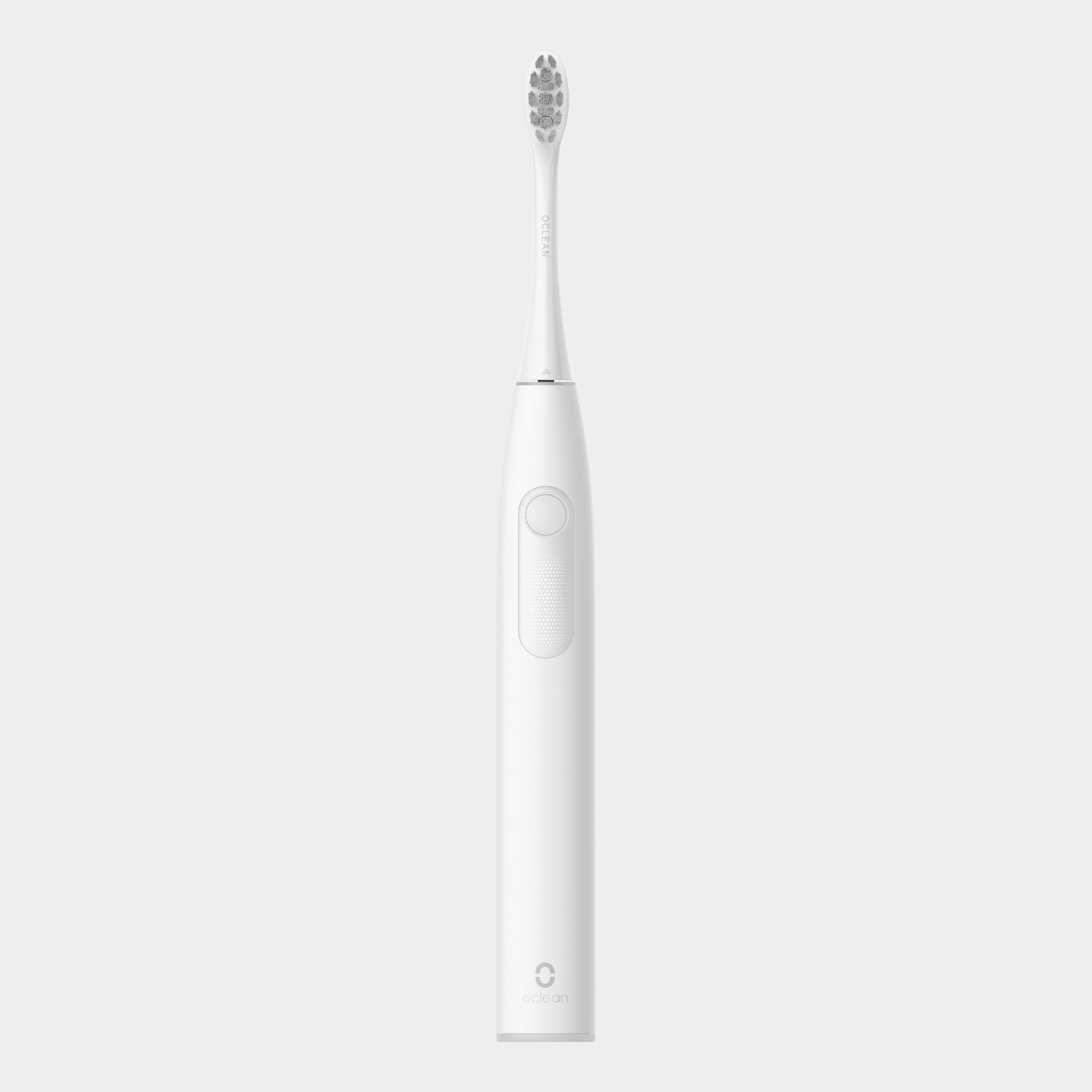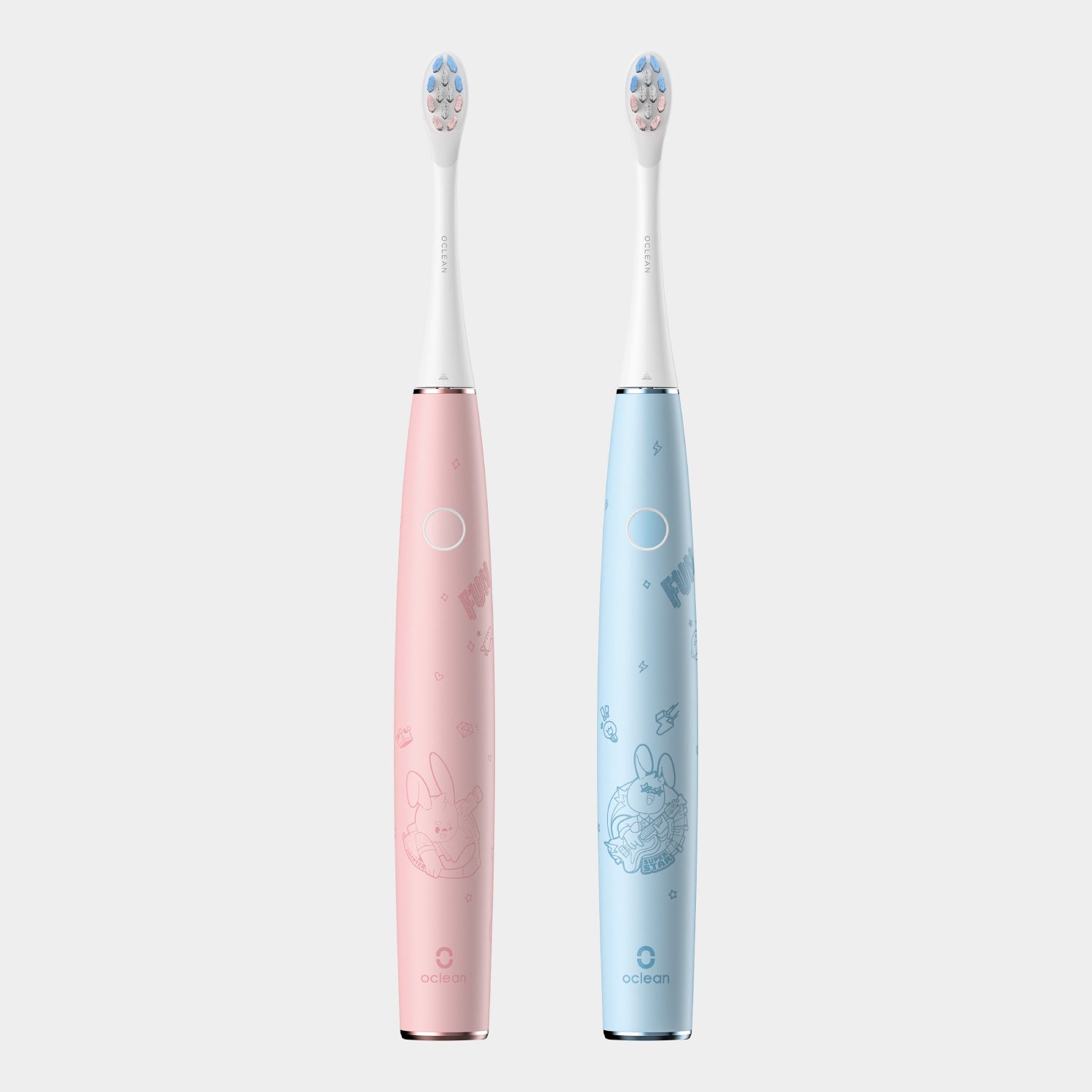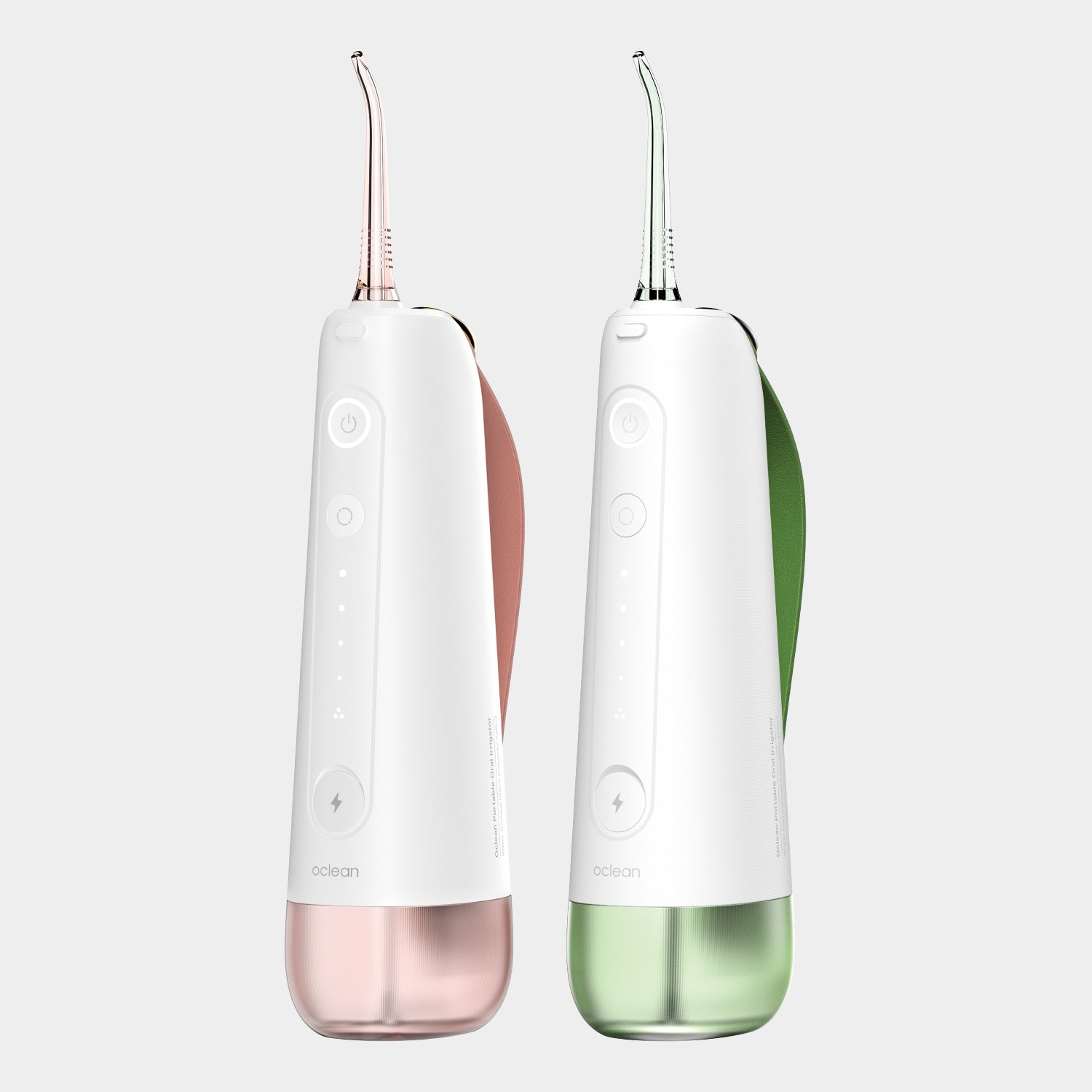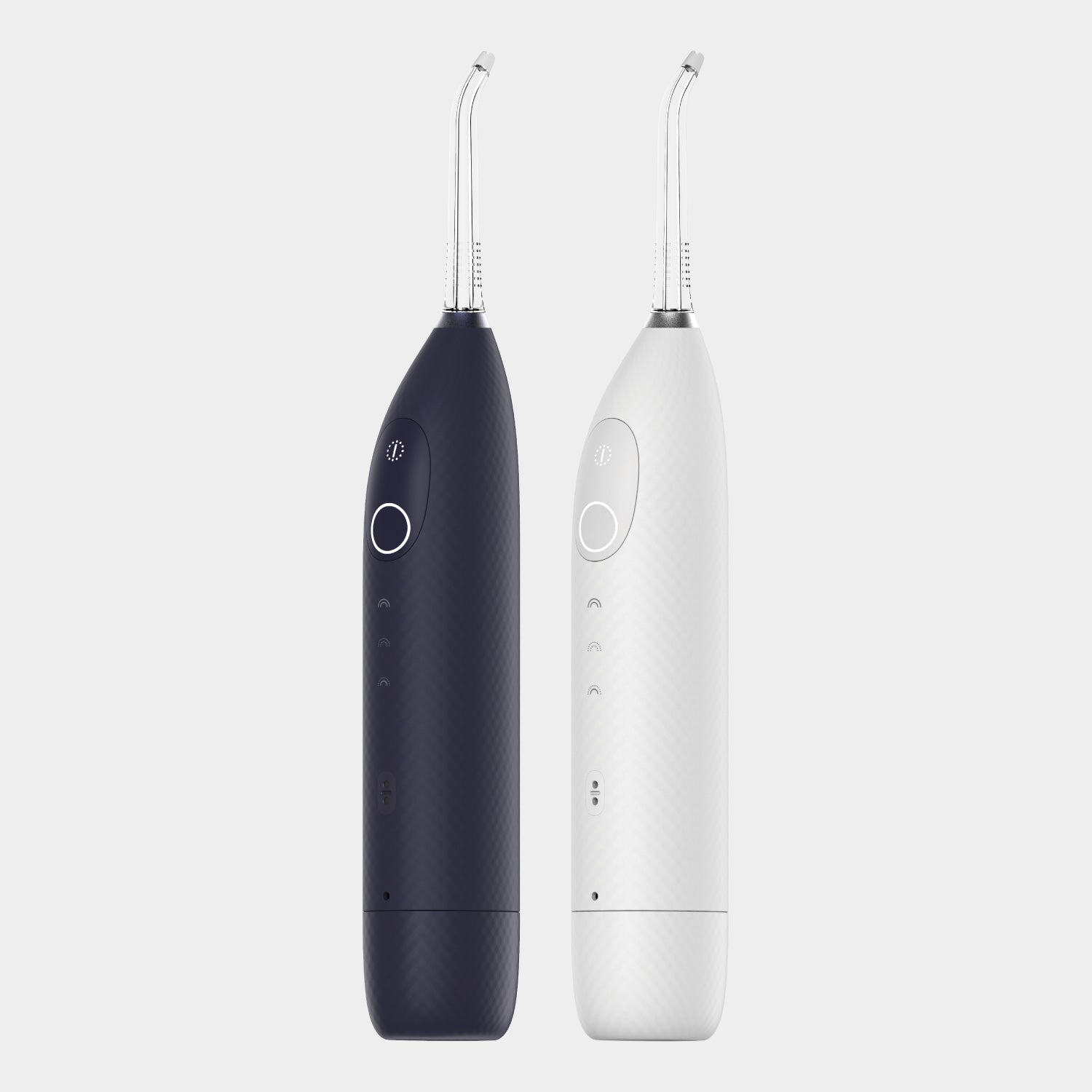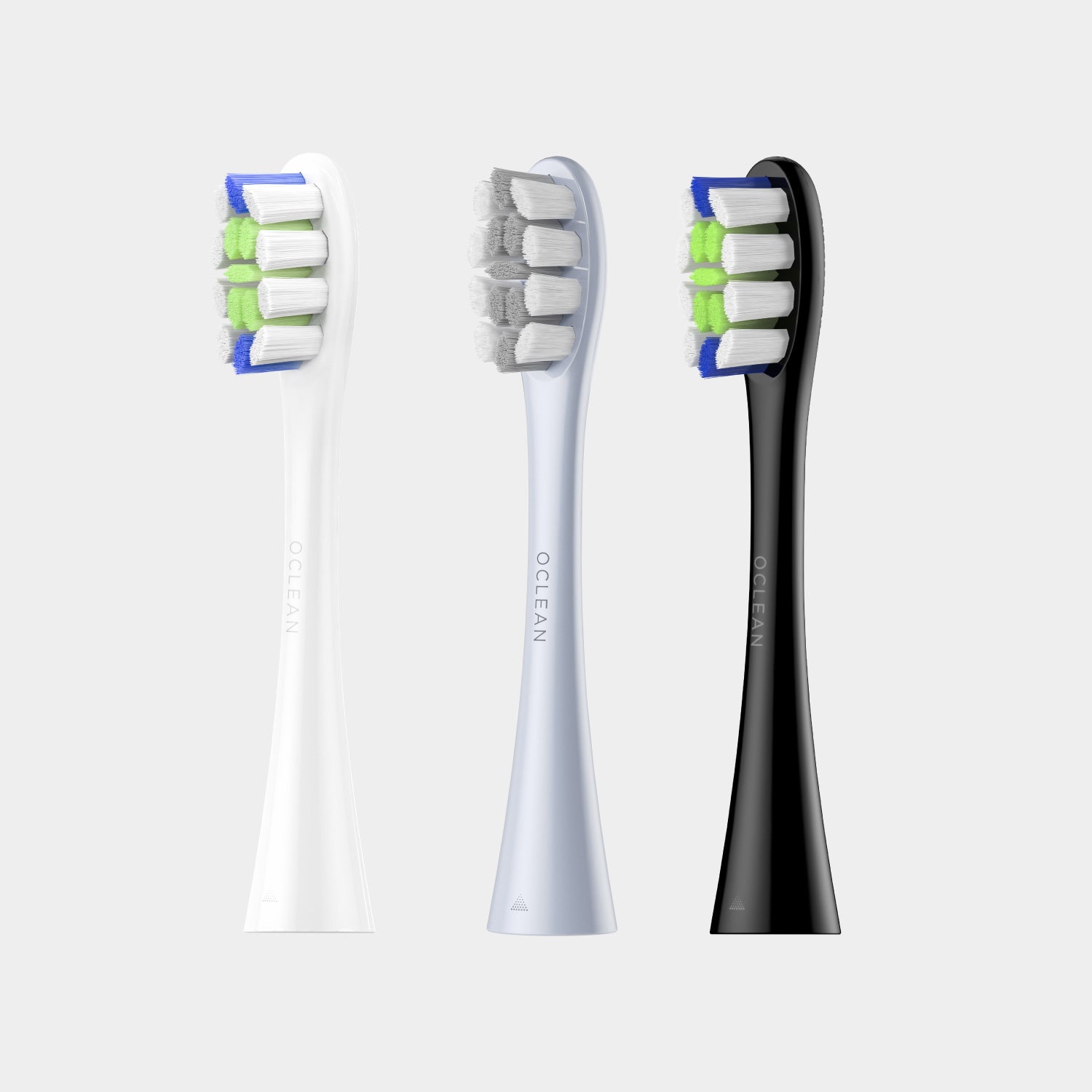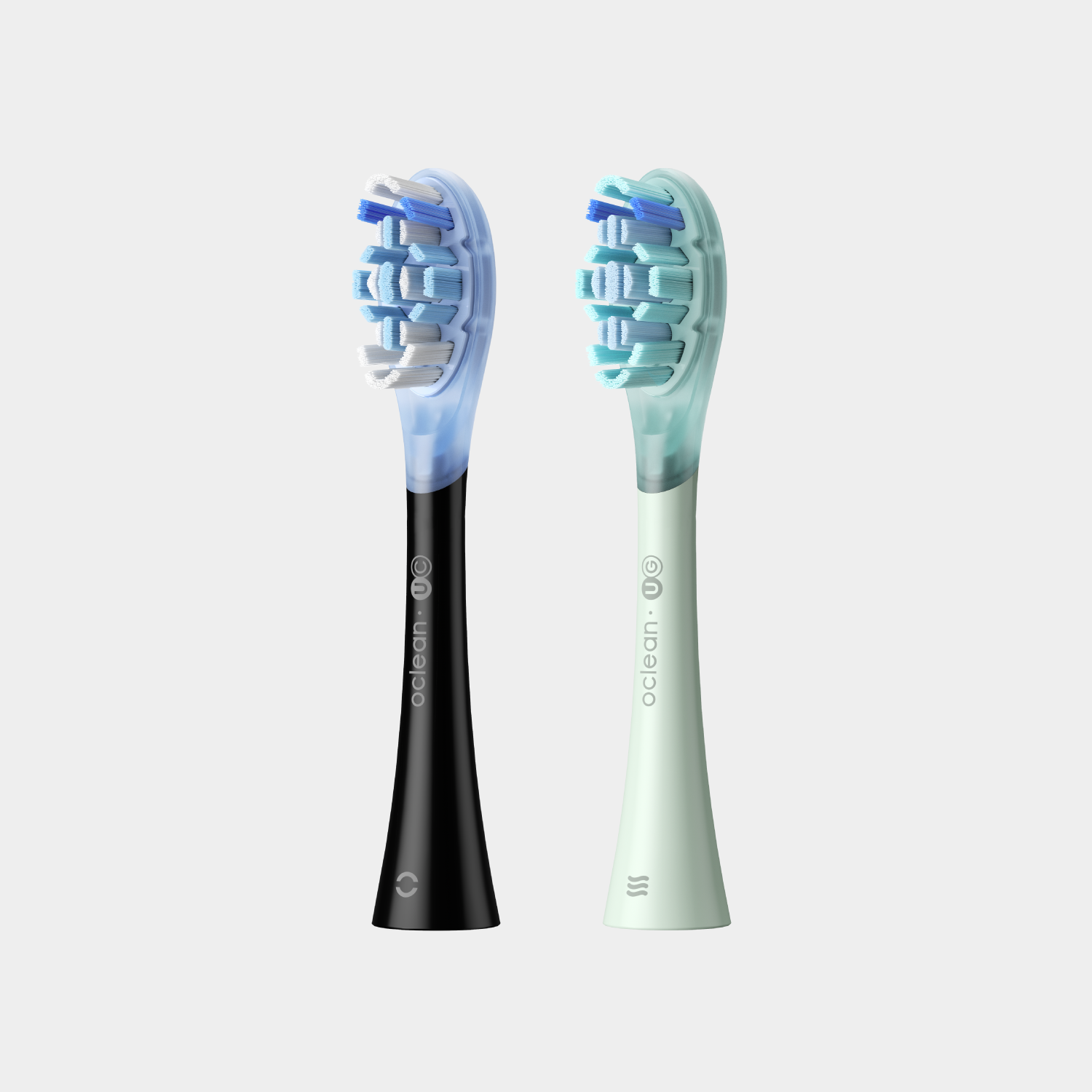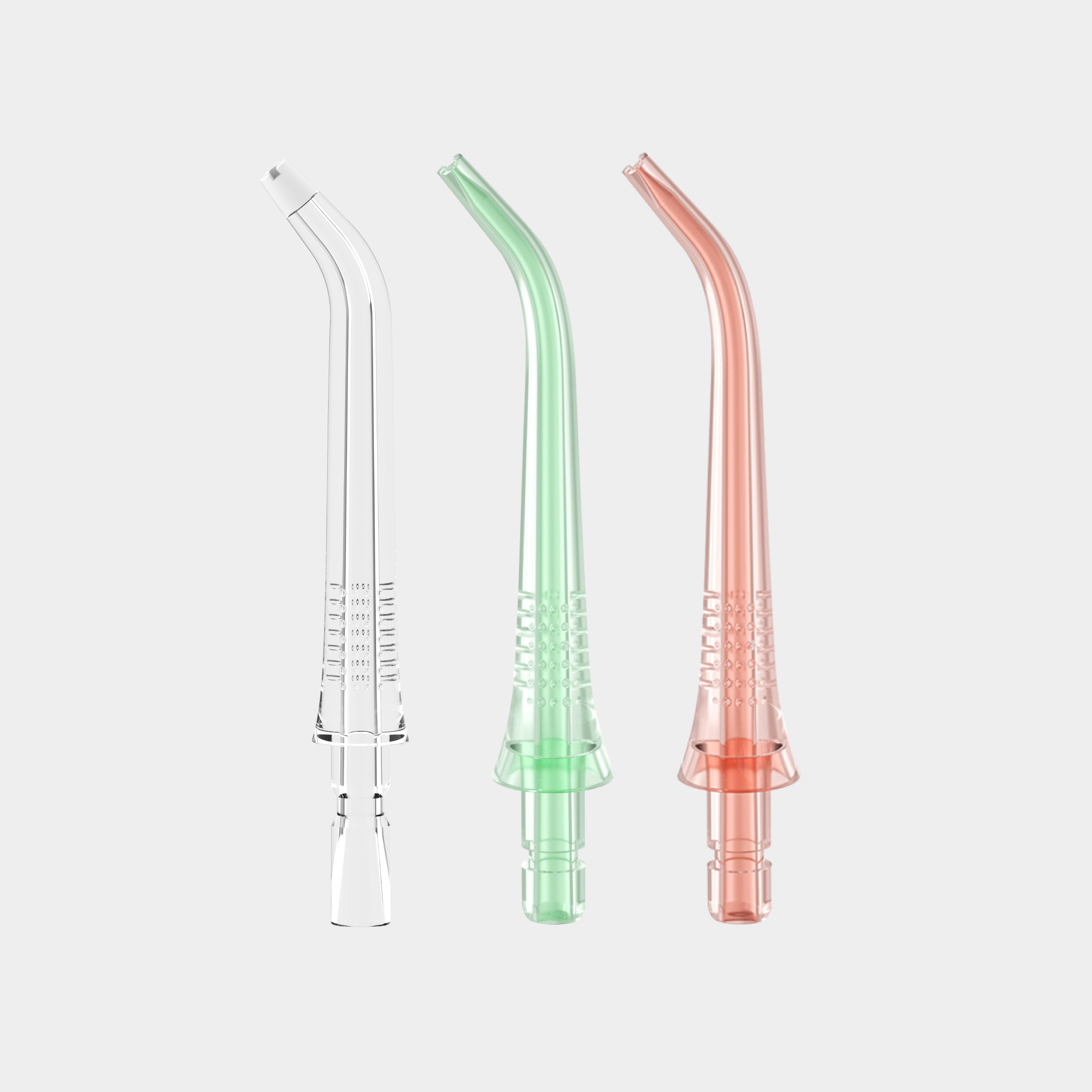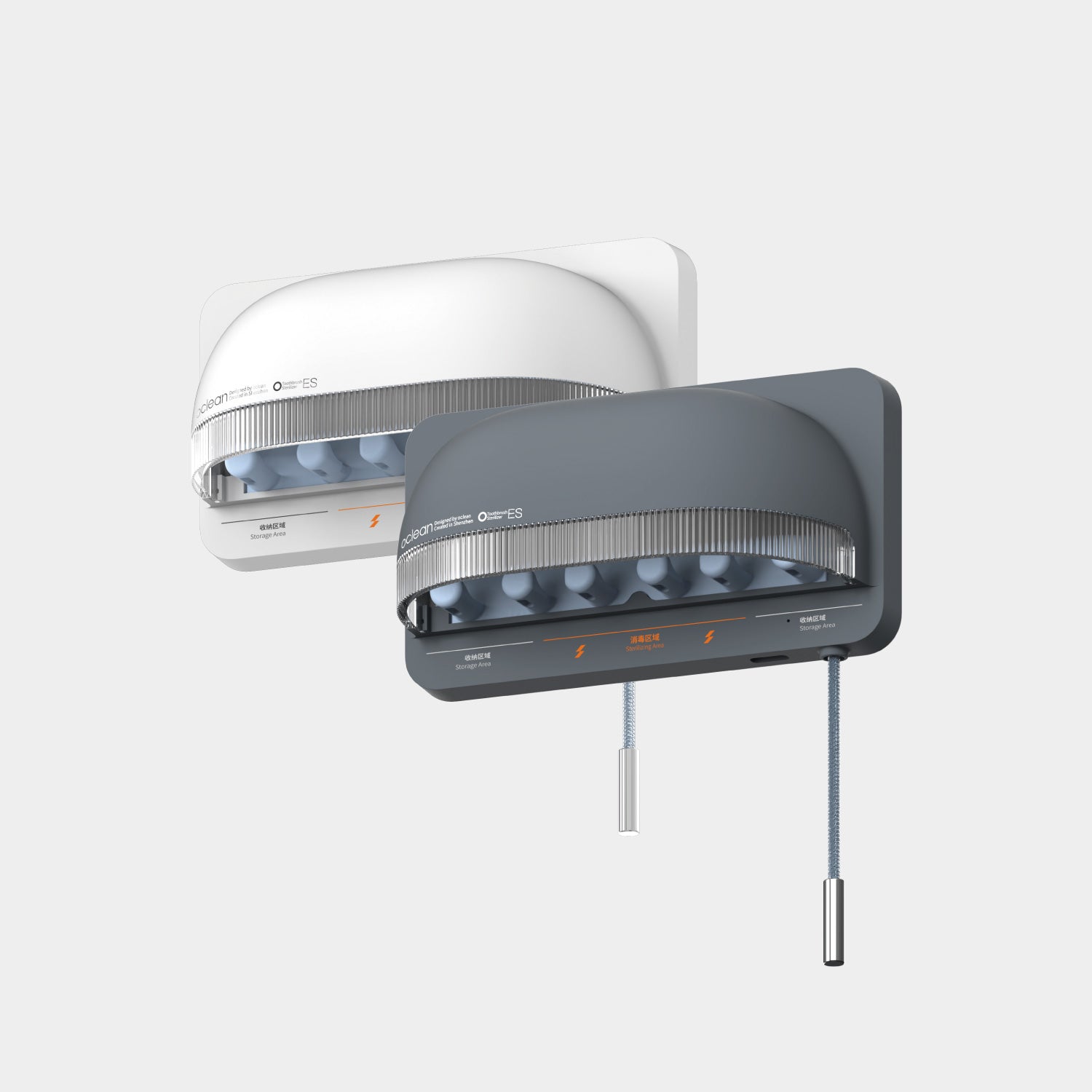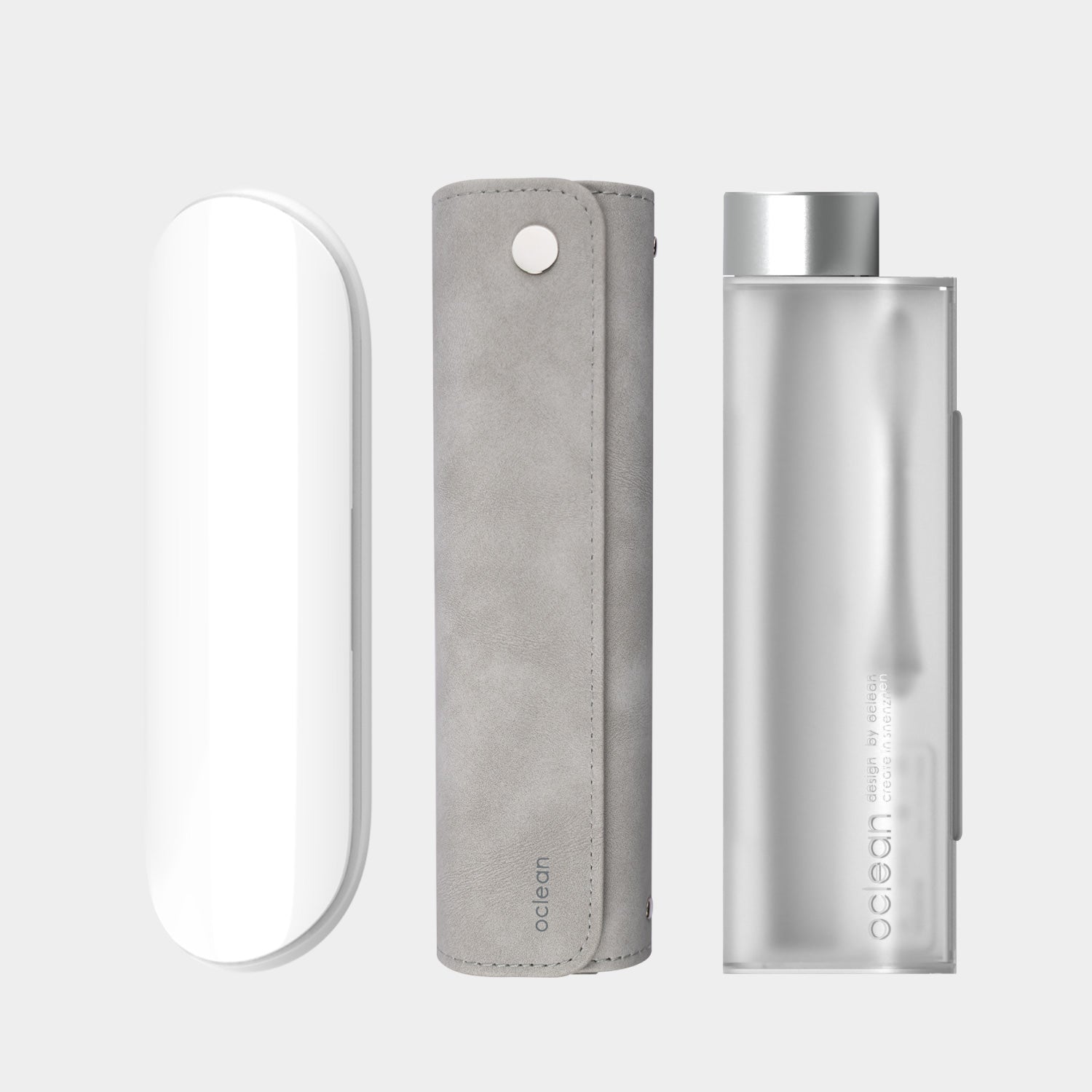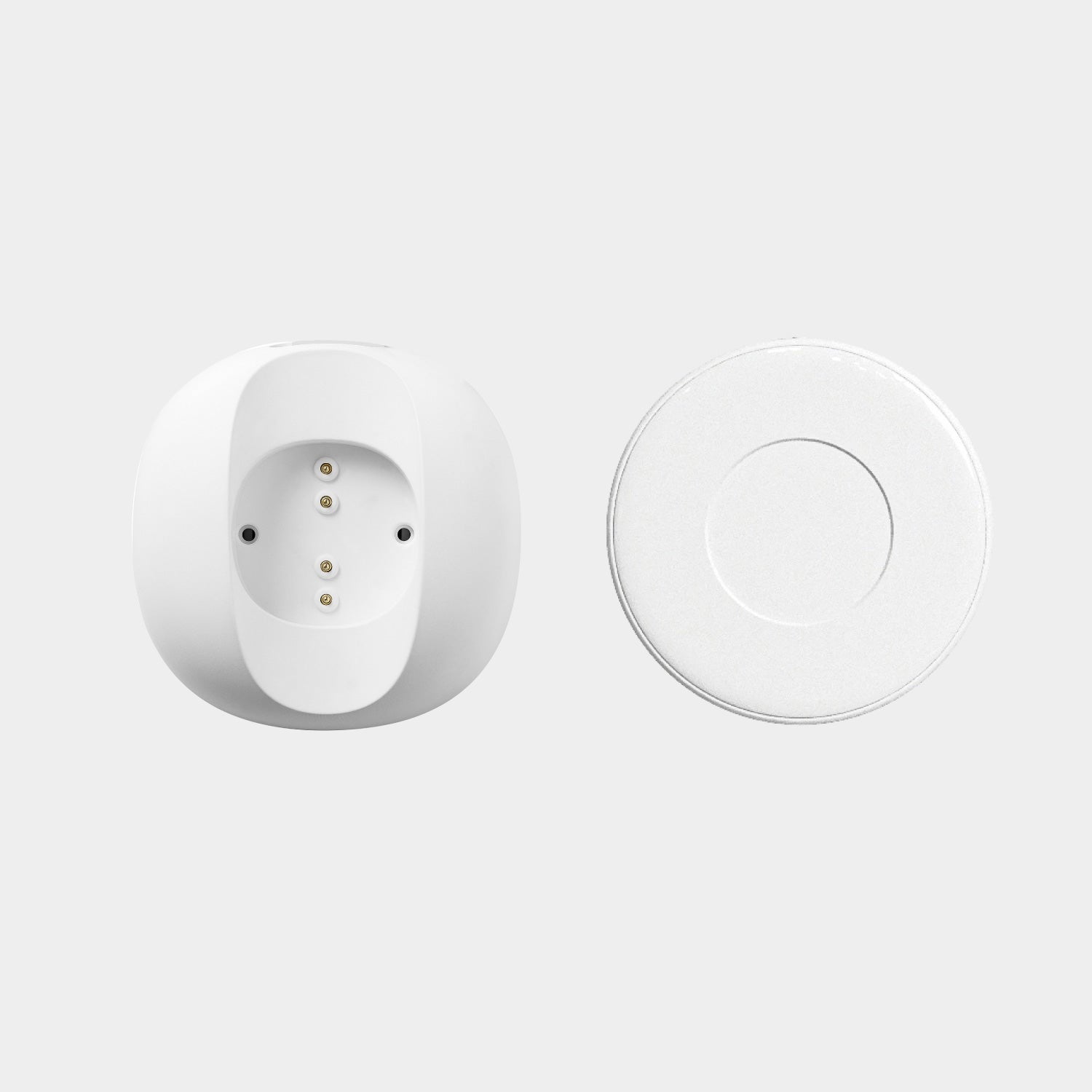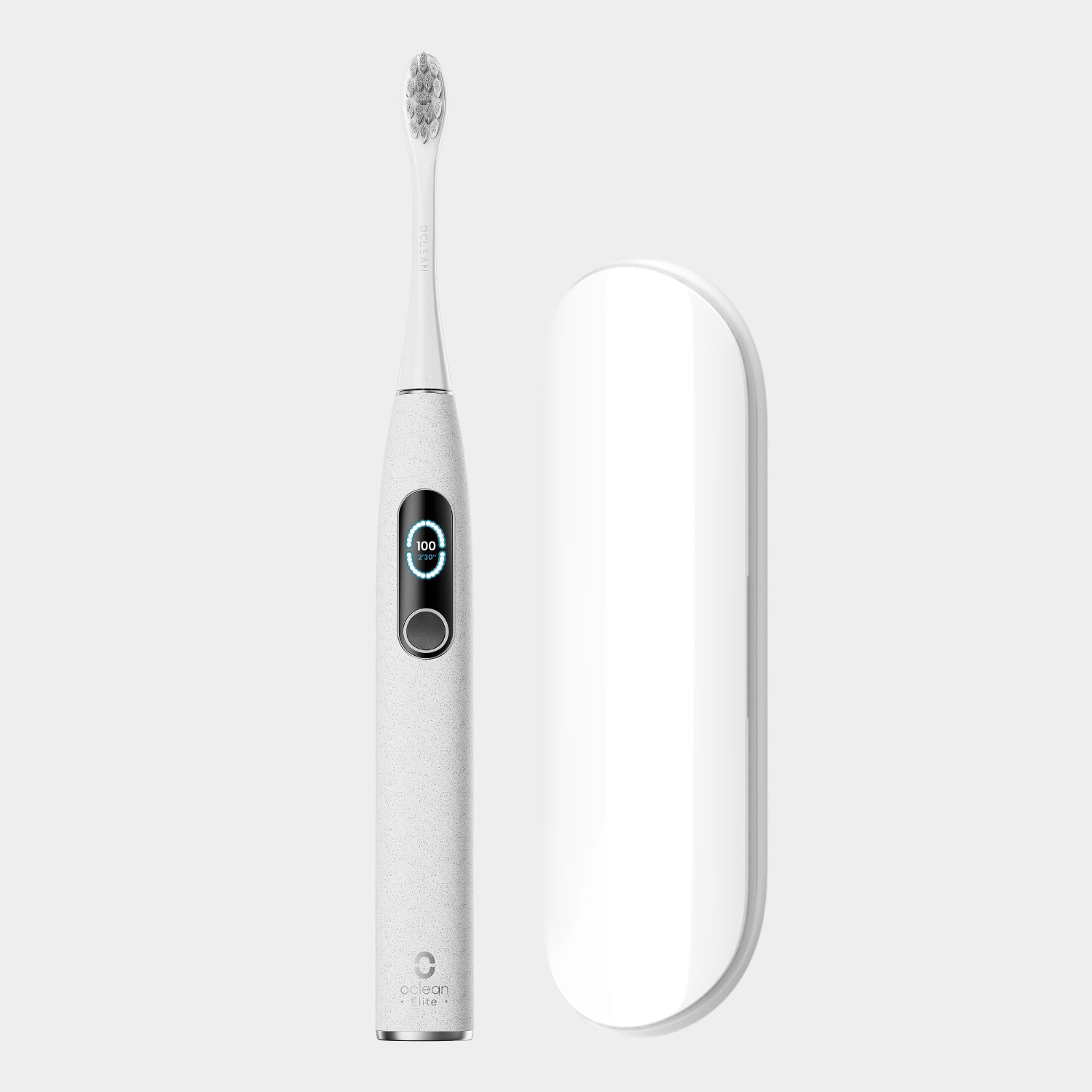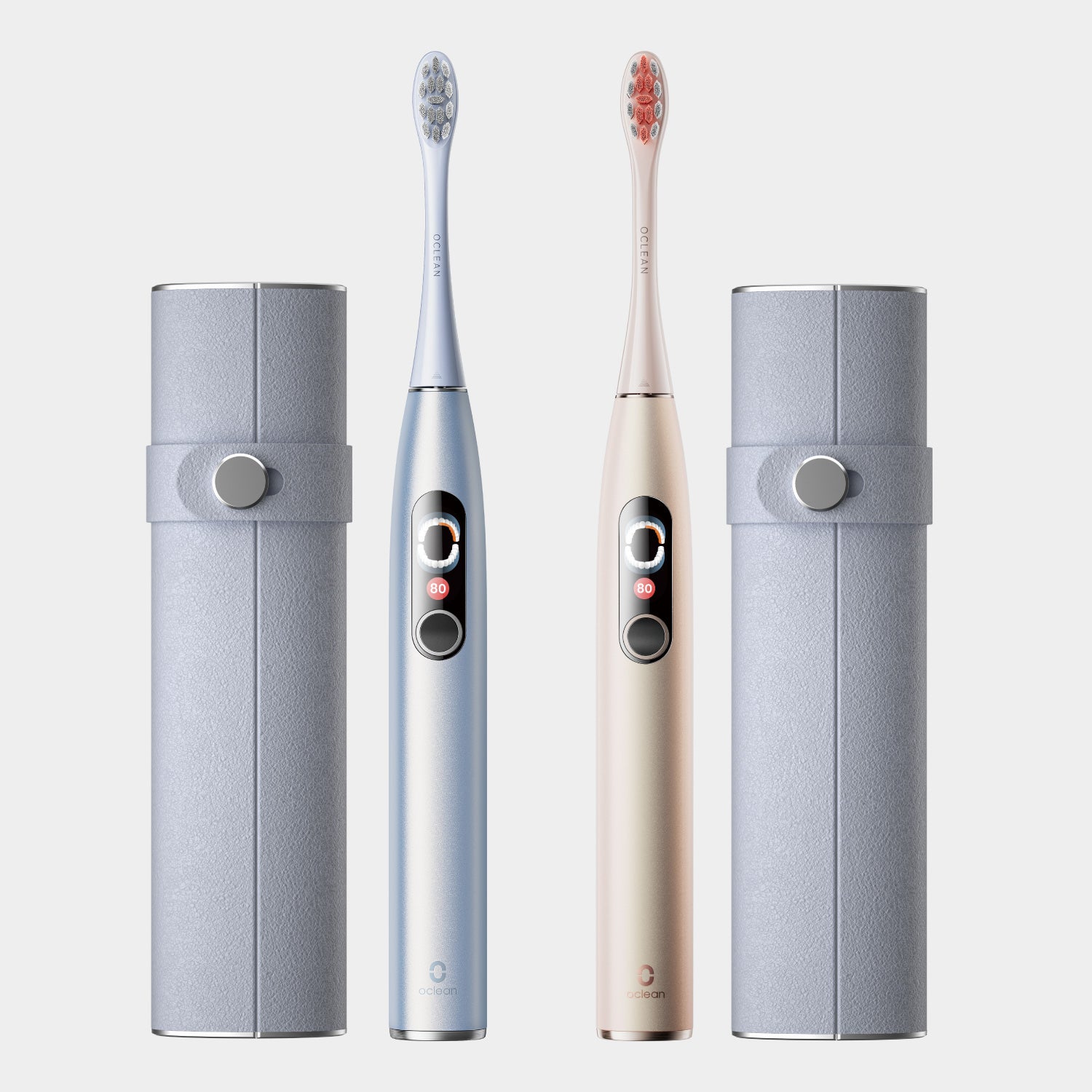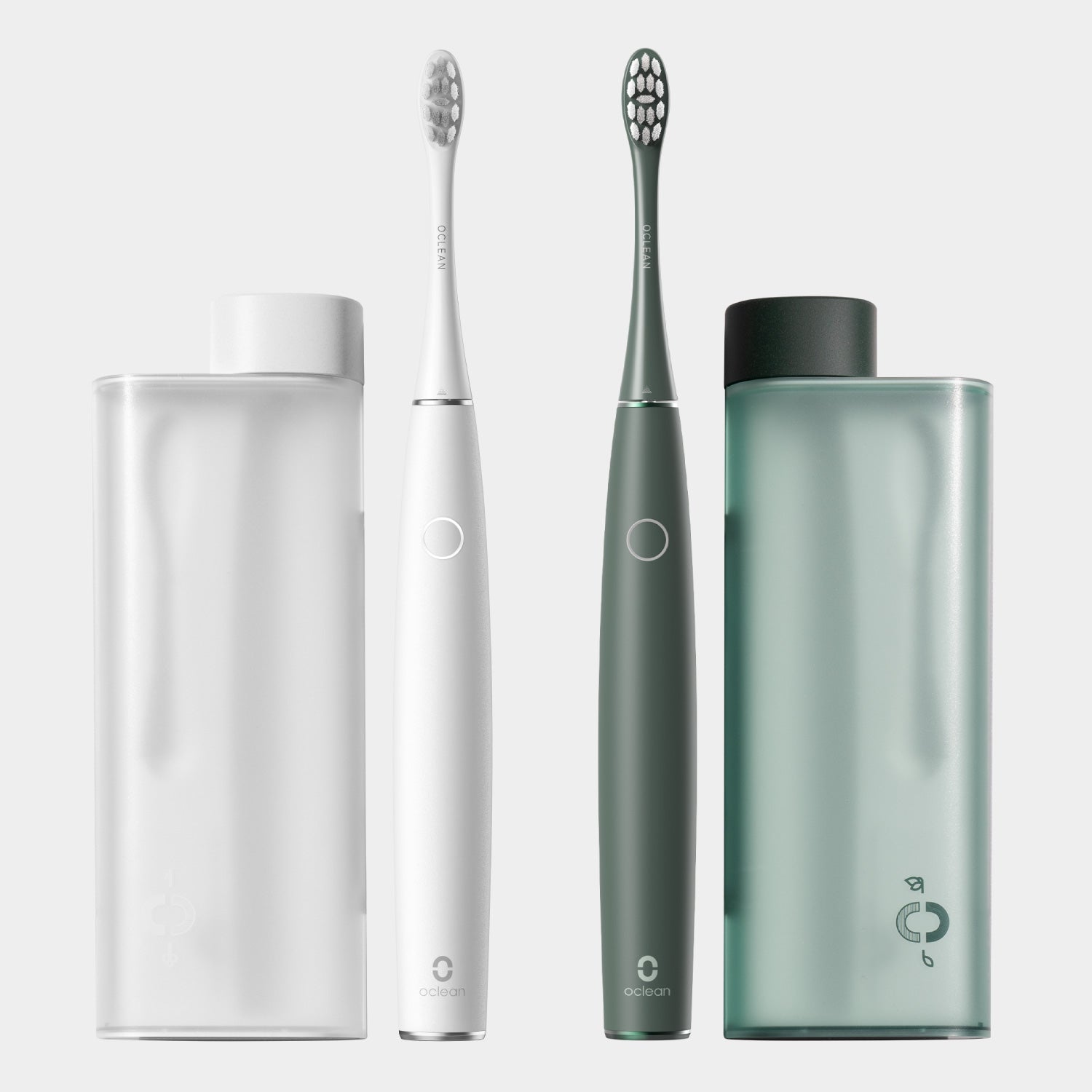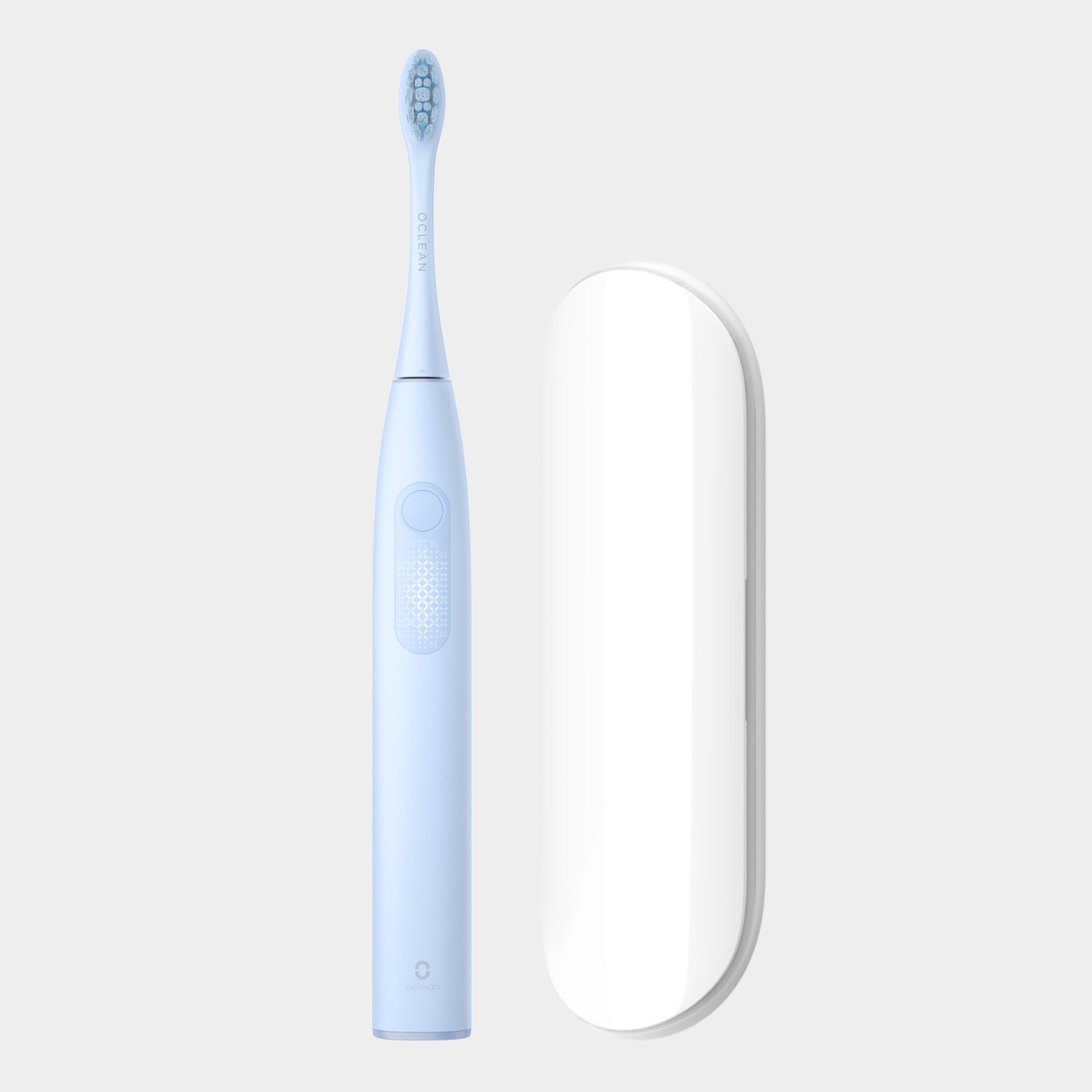Although teeth should be perfectly aligned, they do not always erupt this way. On many occasions, they result in being crooked or misaligned.
Moreover, occasionally, a tooth could be impacted against another one. This is more common on third molars, also known as wisdom teeth. Nonetheless, it can happen to any tooth.
This condition usually doesn't cause discomfort and can go completely unnoticed. However, treating it as soon as possible is essential since it can eventually cause oral health issues.
We'll explain in this article what an impacted tooth is and how to treat it.
What does it mean if a tooth is impacted?
As the name suggests, an impacted tooth is a tooth that is unable to erupt. This usually happens if there is not enough room in the mouth. However, it can also occur if the tooth is trying to erupt at an odd angle. As a result, its eruption path is blocked by its neighboring tooth.
This condition usually does not cause symptoms. However, depending on the case, the person might experience swelling, pain, or even develop a cyst.
This is especially true for wisdom teeth. The reason is that they have a high chance of developing horizontally instead of facing outward towards the mouth.
How do you know if your tooth is impacted?
The only way to determine if a tooth is impacted is through an x-ray and the help of a dentist. If a tooth doesn't erupt, it may be impacted. Nonetheless, there are a few occasions where the tooth doesn't develop. Therefore, only an X-ray can determine if the tooth is hidden under the bone.
Although impacted teeth usually don't cause discomfort, they might develop some symptoms briefly after. Some of them include:
- Pericoronitis
- Swollen gums
- Bad breath (halitosis)
- Bad taste in the mouth
- Jaw pain
- Difficulty to open the mouth (trismus)
Nonetheless, knowing that these symptoms are mainly associated with impacted third molars is crucial. Particularly when they are not entirely impacted and managed to erupt partially. This means that a small portion of the tooth managed to pass through the gums.
How do they fix impacted teeth?
Dentists have two options to treat an impacted tooth: orthodontics or extraction.
In the case of wisdom teeth, the treatment option is tooth extraction. This is done because wisdom teeth are highly associated with multiple oral health problems. Therefore, removing it is better than trying to make it erupt. Nonetheless, the dentist needs to perform surgery to expose the tooth and extract it.
However, when a different tooth is impacted, such as a canine or an incisor, the dentist can use orthodontic treatment to fix it. In this case, the professional use orthodontics to push and pull the teeth to make enough room for the impacted tooth to erupt. Meanwhile, the dentist can attach the tooth to a special bracket and system to pull it out.
What happens if you don't remove an impacted tooth?
Leaving an impacted tooth without treatment for too long can result in different oral health issues, such as:
- Cysts: impacted teeth have a risk of developing cysts around them. These cysts might not cause any symptoms initially. However, they can grow enough to damage the nerve, teeth, and jawbone. Therefore, they can cause extensive bone loss.
- Damage to neighboring tooth: the impacted tooth can damage the neighboring tooth as it pushes against it. The damage to this tooth can be so extensive that the dentist might need to extract it.
- Cavities: impacted teeth that manage to erupt partially are harder to clean. This can result in cavities and tooth pain. Nonetheless, it could be possible to prevent it with a thorough cleaning routine and a high-quality toothbrush. The Oclean X Pro DigitalSonic Electric Toothbrush can help you prevent these cavities as its Dupont diamond and W shape bristles allow you to perform a deeper cleaning. Furthermore, it can perform 76,000 motions per minute to ensure outstanding results.
- Infections: another complication of partially erupted teeth is infections and swelling. Since it's harder to clean around them, the gums are prone to develop a chronic type of inflammation called pericoronitis. This can evolve into an infection.
- Crowding: the pressure applied to the neighboring teeth as the impacted tooth tries to erupt can move them out of place. This results in misaligned teeth and crowding.
How serious is an impacted tooth?
An impacted tooth is not a dental emergency. However, it is still a severe condition that should be addressed and treated as soon as possible.
Even if it is not causing any discomfort or pain, an impacted tooth can eventually evolve into a severe complication. Furthermore, cysts can grow over the years and cause extensive damage without the person noticing anything.
For this reason, it is essential to receive treatment as soon as possible before any oral problem develops.
The takeaway
An impacted tooth is a condition in which a tooth is unable to erupt normally. This usually goes unnoticeable by the person. However, it can cause underlying oral health issues without manifesting any symptoms.
The person could suspect a tooth is impacted if there is a missing tooth, especially if it is a wisdom tooth. However, only a dentist can diagnose the condition through an X-ray.
Fortunately, this issue can be solved by extracting the tooth or through orthodontic treatment. Nonetheless, the treatment option depends on the impacted tooth.


